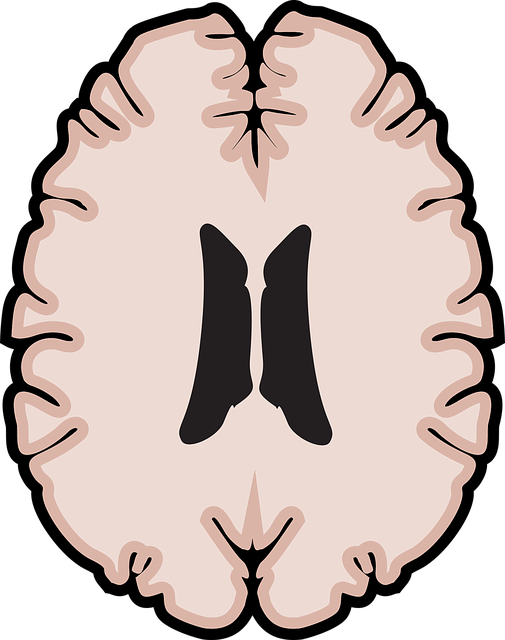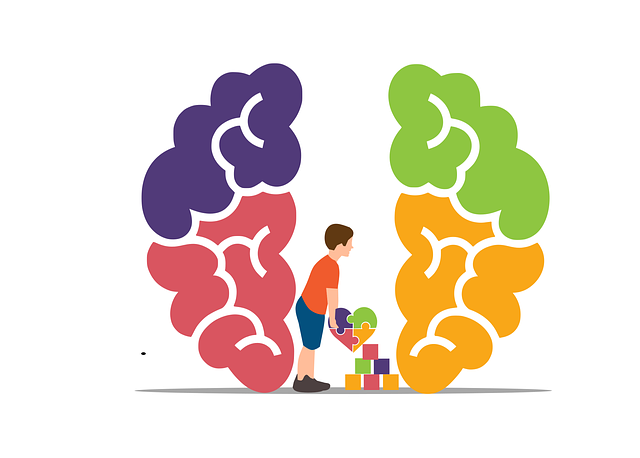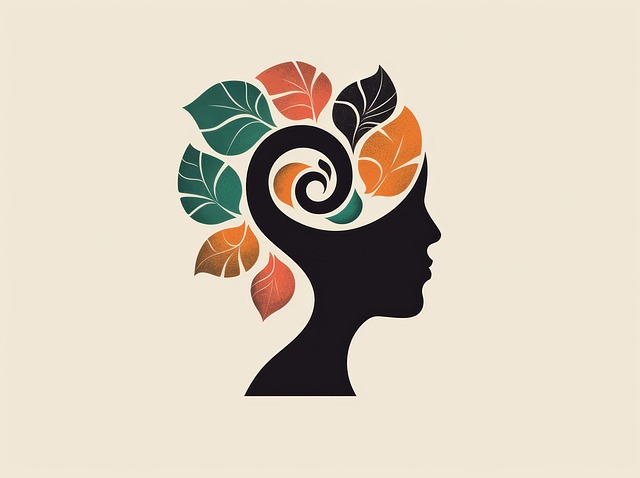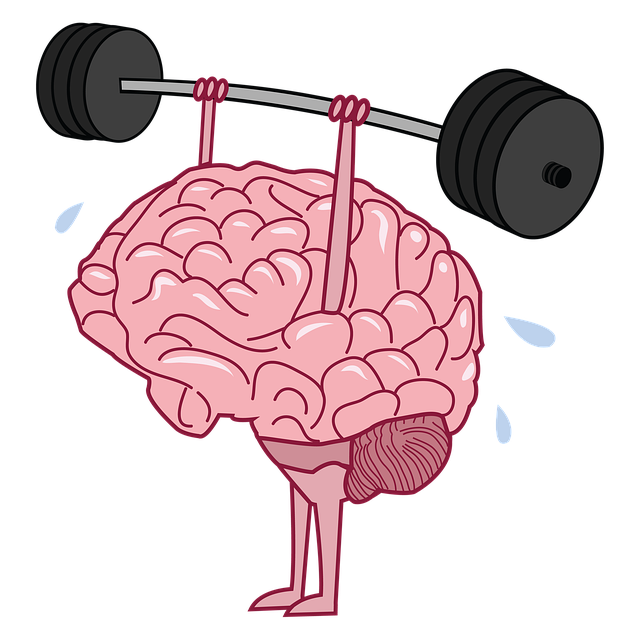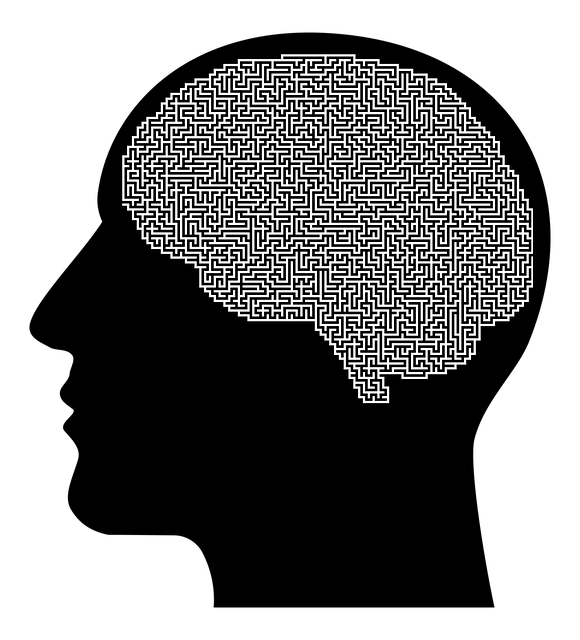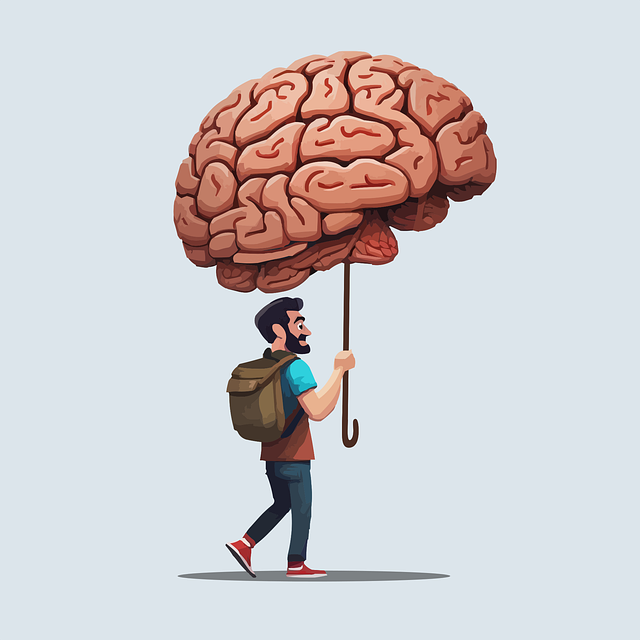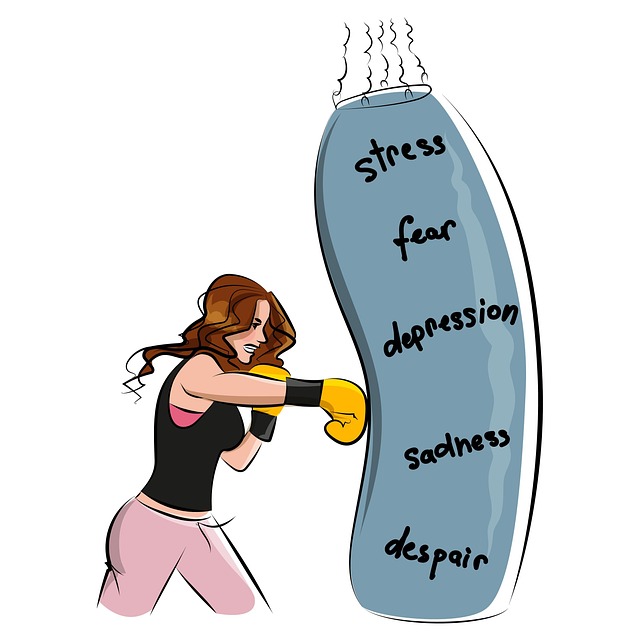Trauma significantly impacts young adults with Autism Spectrum Disorder (ASD), creating unique challenges in emotional expression, security, and relationship building. Effective support requires specialized therapy tailored to their communication styles and interests, such as Eye Movement Desensitization and Reprocessing (EMDR) and skills-based interventions like mindfulness and conflict resolution training. Safe, structured environments and a strong multidisciplinary support network are crucial for healing. Therapy for Young Adults with Autism Spectrum Disorder combines evidence-based practices and self-awareness exercises to enhance emotional well-being and quality of life for this population.
Trauma support services are essential for young adults with Autism Spectrum Disorder (ASD) who often face unique challenges due to their experiences. This article explores the profound impact of trauma on ASD individuals and delves into effective therapy approaches tailored to their specific needs. We discuss creating supportive environments and building collaborative networks, emphasizing the importance of trauma-informed care. By understanding the unique dynamics, we can provide targeted interventions, enhancing the healing journey for young adults navigating both autism and trauma. Discover practical strategies for delivering comprehensive support, focusing on therapy for young adults with ASD.
- Understanding Trauma and its Impact on Young Adults with Autism Spectrum Disorder (ASD)
- The Unique Challenges of Providing Trauma Support for ASD Individuals
- Effective Therapy Approaches for Trauma Healing in Young Adult ASD Populations
- Creating Safe Spaces: Environment and Setting Considerations for Trauma-Informed Care
- Building a Comprehensive Network: Collaborating with Professionals and Support Groups
Understanding Trauma and its Impact on Young Adults with Autism Spectrum Disorder (ASD)

Trauma can significantly impact young adults with Autism Spectrum Disorder (ASD), presenting unique challenges in understanding and addressing their emotional needs. ASD is characterized by differences in social communication and interaction, as well as repetitive behaviors and interests, which can make expressing and processing trauma even more complex. Many individuals on the spectrum may struggle to communicate feelings of distress or anxiety, often exhibiting externalized behaviors or internalizing their experiences silently.
The impact of trauma on young adults with ASD extends beyond typical emotional responses. It can disrupt their sense of safety, cause sensory overload in traumatic environments, and influence their ability to form and maintain relationships. Accessing appropriate support services, such as specialized therapy for Young Adults with Autism Spectrum Disorder, mental wellness coaching programs, and self-care routine development, is crucial for promoting their mental wellness. Trauma support services tailored to meet the specific needs of this population can foster resilience, enhance coping strategies, and ultimately contribute to improved quality of life.
The Unique Challenges of Providing Trauma Support for ASD Individuals

Supporting individuals on the Autism Spectrum Disorder (ASD) who have experienced trauma presents unique challenges in the realm of mental health care. Many traditional trauma support services may not adequately address the specific needs of this population, often characterized by distinct communication and social interaction differences. For instance, ASD individuals might struggle with verbalizing their feelings or understanding abstract concepts, making it crucial for therapists to employ alternative approaches like visual aids and structured routines during therapy sessions for young adults with autism spectrum disorder.
The process of trauma healing for people with ASD requires tailored strategies that foster coping skills development. Therapists must prioritize creating a safe and supportive environment, incorporating evidence-based techniques that promote emotional well-being. This may involve tailoring activities to their interests and sensory preferences while educating both the individual and their support network about autism spectrum disorder and mental health awareness. By doing so, they can help ASD individuals navigate trauma’s impact on their lives and develop effective emotional regulation strategies.
Effective Therapy Approaches for Trauma Healing in Young Adult ASD Populations

The journey to healing from trauma for young adults on the Autism Spectrum Disorder (ASD) landscape presents unique challenges and opportunities. Effective therapy approaches must be tailored to address their specific needs, recognizing the complex interplay between ASD traits and traumatic experiences. One promising avenue is Eye Movement Desensitization and Reprocessing (EMDR), which has shown success in helping individuals process and overcome traumatic memories. This therapy technique encourages clients to focus on distressing memories while simultaneously engaging in side-to-side eye movements, aiding in the brain’s reprocessing of these memories and reducing their impact.
Additionally, integrating skills-based interventions can empower young adults with strategies for managing trauma-related symptoms such as anxiety and burnout prevention. Techniques like conflict resolution training and mindfulness practices have proven effective in reducing stress and promoting resilience. By combining these therapeutic approaches, support services can create a comprehensive healing environment that respects the nuances of ASD while fostering significant improvements in emotional well-being and overall quality of life.
Creating Safe Spaces: Environment and Setting Considerations for Trauma-Informed Care

Creating safe and supportive environments is a cornerstone of trauma-informed care, especially when catering to young adults with Autism Spectrum Disorder (ASD). These individuals often face unique challenges related to their sensory sensitivities, social interactions, and emotional regulation. Therefore, therapists and support staff must consider the physical and social setting as integral to effective therapy. A calming, structured space can foster trust and encourage participation in therapeutic activities. For instance, using soft lighting, minimal distractions, and comfortable seating can create a sense of safety and reduce sensory overload.
Furthermore, incorporating compassion cultivation practices and teaching conflict resolution techniques within these safe spaces can significantly benefit young adults with ASD. Such approaches promote emotional awareness and healthy coping mechanisms while building resilience. By creating an environment where individuals feel understood and empowered, therapists enable them to manage their moods more effectively and navigate interpersonal challenges, ultimately enhancing their overall well-being.
Building a Comprehensive Network: Collaborating with Professionals and Support Groups

Building a robust network of support is essential when providing trauma support services, especially for vulnerable populations like young adults with Autism Spectrum Disorder (ASD). Collaboration between professionals from various fields—including therapists, counselors, and social workers—is key to offering comprehensive care. Integrating these experts ensures that individuals receive holistic treatment addressing their unique needs. For instance, a multidisciplinary team can provide specialized therapy tailored to the specific emotional healing processes of young adults with ASD, combining evidence-based practices with self-awareness exercises to enhance resilience.
Furthermore, fostering partnerships with support groups and community organizations allows for expanded reach and diverse resources. These collaborations facilitate burnout prevention strategies by offering peer support and creating safe spaces where individuals can share experiences and build coping mechanisms. By joining forces, professionals and support groups can collectively advocate for better access to mental health services, ensuring that young adults on the autism spectrum receive the necessary tools and resources for their emotional well-being.
Trauma support services for young adults with Autism Spectrum Disorder (ASD) require a nuanced approach, addressing unique challenges and leveraging effective therapy methods. By creating safe spaces and building comprehensive networks, we can significantly enhance trauma healing in this population. Understanding the specific needs of ASD individuals is paramount, as it enables professionals to provide tailored care that fosters resilience and improves overall well-being. Effective collaboration between therapists, support groups, and healthcare providers ensures a holistic approach to addressing the complex impacts of trauma on young adults with ASD, ultimately promoting their recovery and growth.


